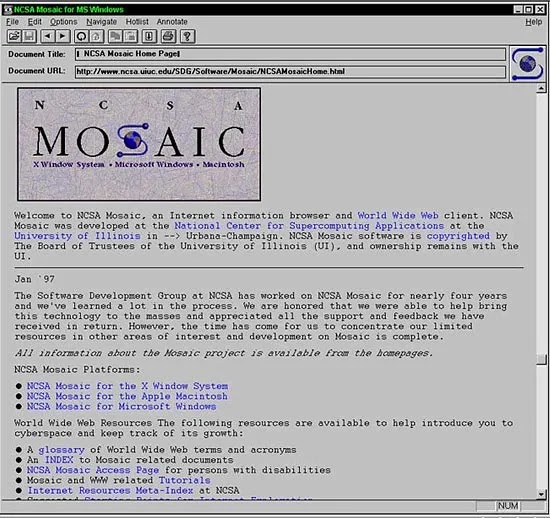Our Relationship With Technology and Social Media
Technology is not a bad thing, it is raw knowledge and power. It is up to those who use this power to change our world for the better or for the worse. Technology has been a pivotal aspect of our society however often seems to do more damage than good. According to a study conducted by Ching-Ting Hsin, Ming-Chaun Li, and Chin-Chung Tsai, Department of Early Childhood Education , National Taitung University, Taiwan. With proper education students' education can exponentially grow, however when young users are left to their own devices we can see a drastic fall in mental health and education.
Issues like cyber bullying and poor self image have grown rampaped in the last few years. Social media contributes to not only negative mental health but the countries youth suicide rates. According to a study covered mentioned in this article from 2007-2017 there has been a 56% increase in suicides in ten years. This rise in deaths blame can not be put alone on social media as many other issues are present in the lives of the American youth.

On the other hand gen z is the first generation growing up in a world that has fully integrated and accepted technology. In my own life I have been using social media for the last 8 years I got my first smart phone at 11. Social media was never a huge draw for me but even from the perspective of someone who doesn’t care that much I find myself doomscrolling and often comparing myself to the people I see on my feed. In addition the use of technology in planning events and socializing with my friends has grown to become a necessity if you don’t use it you are left out.

If we think of our relation to technology as a relationship, it is one with an imbalance of power. It’s rather toxic, as a joke I took this a little more seriously. What if we were actually in a relationship with technology, just how toxic would it be…
You feel guilty and it's always your fault. - most people who face mental health issues stemmed from social media don’t consider social media to blame but rather turn their own low self esteem back on them blaming themselves
Your partner is obsessively jealous. - at time of writing this I have 23 notifications from instagram it's only noon. Apps will use notifications to reel in its users attempting to pull them away from other tasks.
Your never good enough - Comparing yourself to what you see through unrealistic expectations set on social media can lead to drops in self esteem and mental health
Doesn’t respect flaws - social media a a community expects us to cover up our flaws with filters as only the prettiest, funniest, most popular seem to get all the support from the community.
Our lives are hard enough as it is. There is already so much toxicity in the world and in the relationships we already have we don’t need it online as well.






























